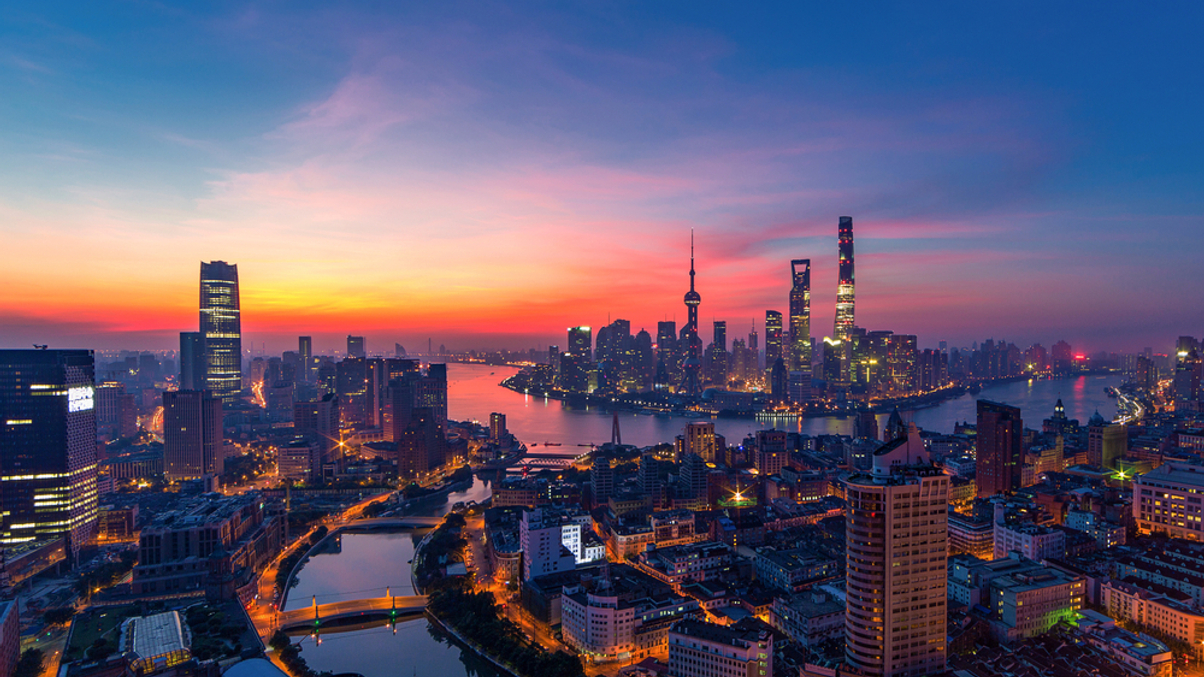Ivanhoé Cambridge wants to double its allocation to APAC real estate
CDPQ’s real-estate arm views Asia Pacific’s real estate sector as a great diversifier with strong fundamentals that can be leveraged to build resilience into its portfolio.

As a subsidiary of the $290 billion Canadian pension fund Caisse de depot et placement du Quebec (CDPQ), Ivanhoé Cambridge manages a $52 billion (C$70 billion) real estate portfolio with a mandate to develop and invest in high-quality properties, projects and companies that are shaping the urban fabric of cities around the world.
Sign in to read on!
Registered users get 2 free articles in 30 days.
Subscribers have full unlimited access to AsianInvestor
Not signed up? New users get 2 free articles per month, plus a 7-day unlimited free trial.
¬ Haymarket Media Limited. All rights reserved.


